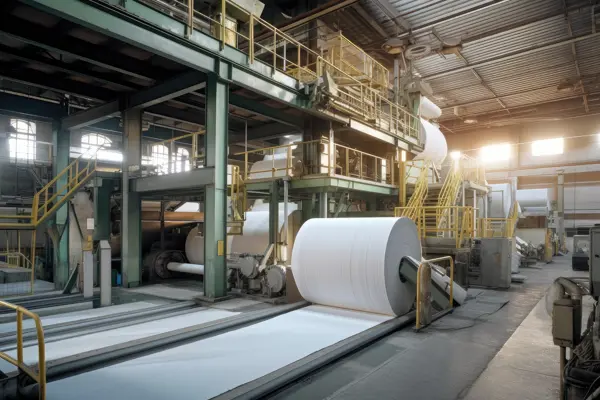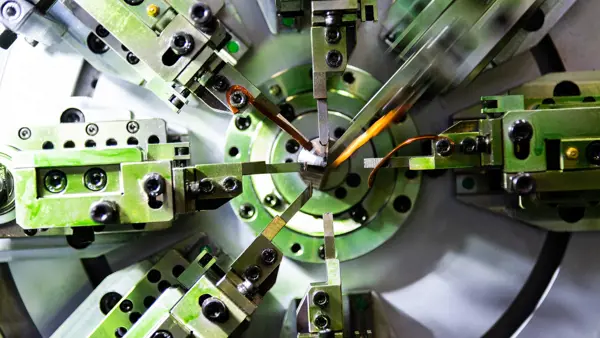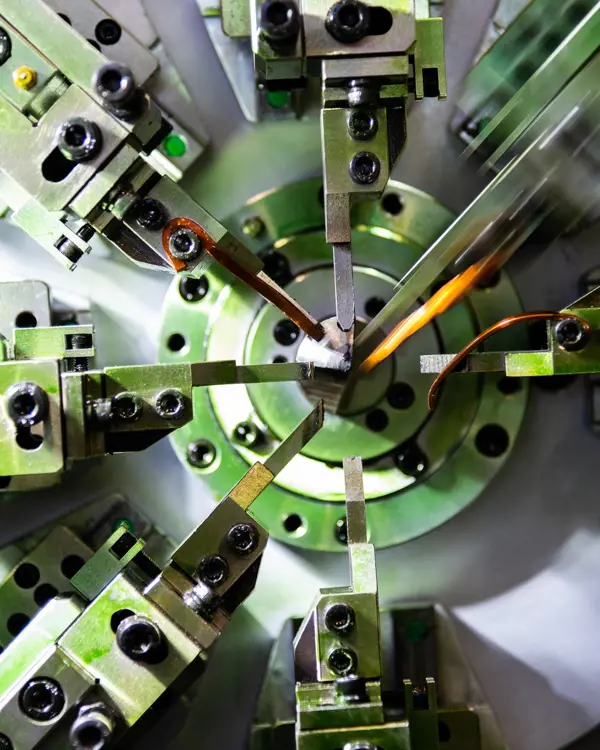Key Impacts of AI and Copilot in Manufacturing
Introduction
50%
increase in productivity in AI
Siemens saw a 20% increase in productivity through AI-driven predictive maintenance
30%
reduce costs by AI-driven predictive maintenance
General Motors saved millions by optimizing its supply chain and inventory management.
90%
AI quality control systems detect defects with accuracy
Significantly reduced defect rates and higher customer satisfaction, as seen in BMW
40%
manufacturers use AI for supply chain management
Improved logistics and reduced delivery times, with companies like Amazon leading the way
Accelerate Efficiency in Manufacturing
AI is not just enhancing individual operations but is seamlessly integrating all critical business areas—warehousing, planning, procurement, and more. By adopting AI-driven strategies, manufacturers can optimize every aspect of their operations, from supply chain management to quality control, ensuring they stay competitive and efficient. This guide will explore how these innovations align with key business strategies and practical use cases to drive overall excellence in manufacturing.

Ready to reshape your operations with AI?
Shifting to more connected services can also help in many ways, such as providing predictive maintenance and generating new income by selling smart, connected products.
However, with the absence of an AI strategy, manufacturers face the risk of lagging behind in a swiftly changing environment, missing out on valuable opportunities, and finding themselves unprepared to meet future challenges
AI is not just enhancing individual operations but is seamlessly integrating all critical business areas—warehousing, planning, procurement, and more. By adopting AI-driven strategies, manufacturers can optimize every aspect of their operations, from supply chain management to quality control, ensuring they stay competitive and efficient. This guide will explore how these innovations align with key business strategies and practical use cases to drive overall excellence in manufacturing
Discover our offerings & events



